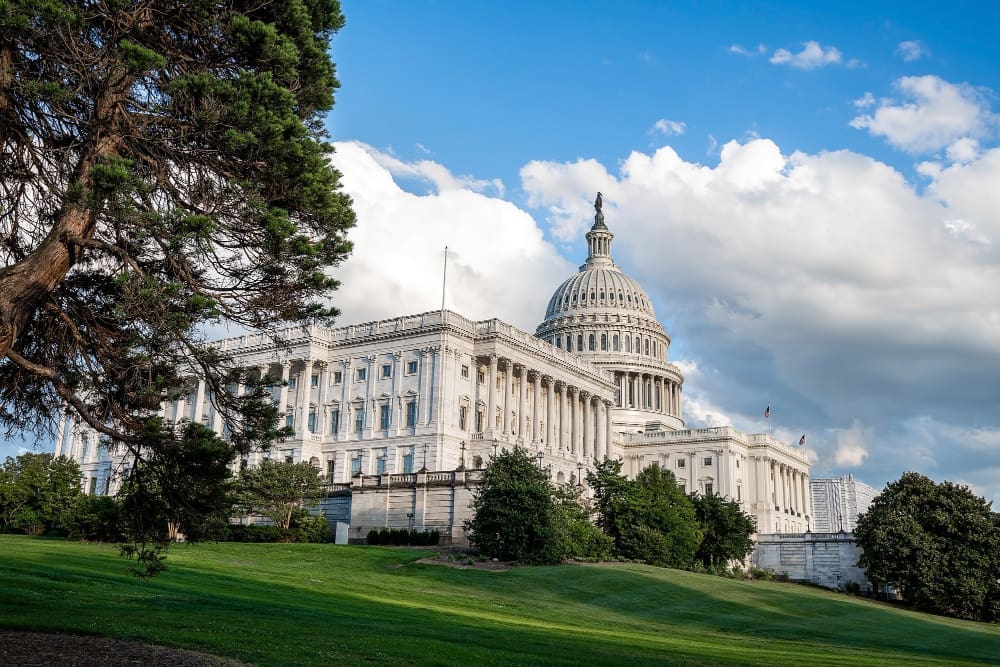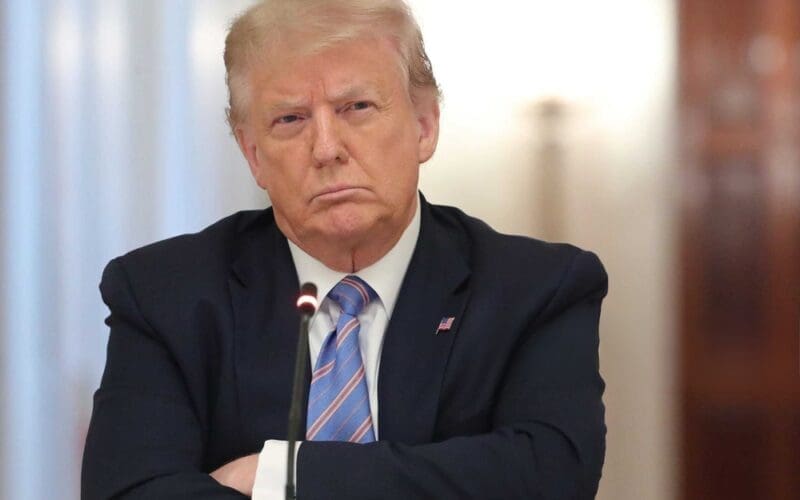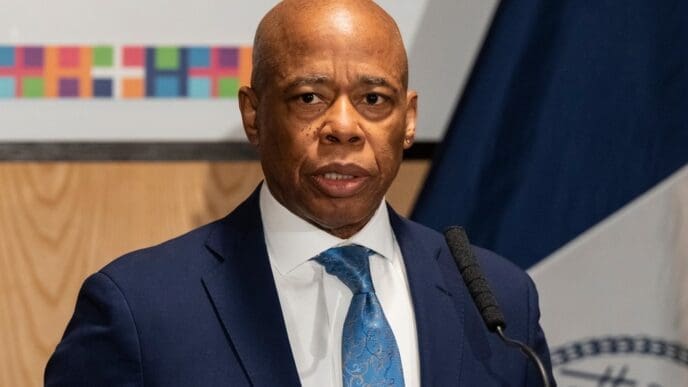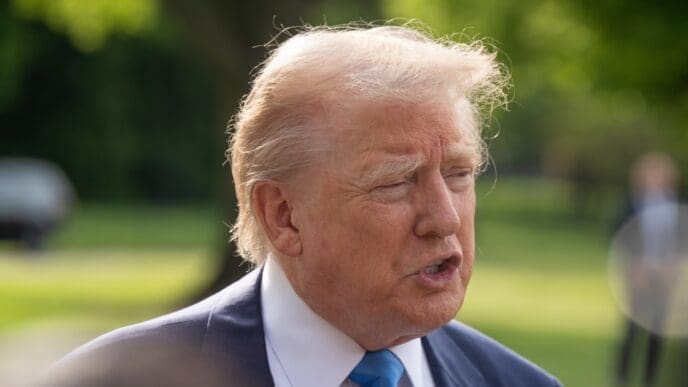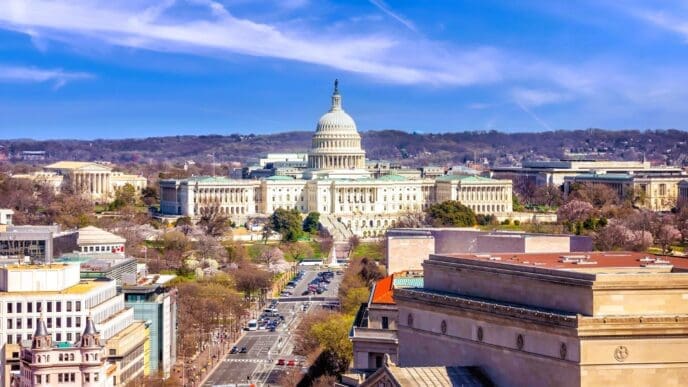Peabody, MA – The United States is facing an unprecedented crisis as Medicaid, a crucial component of the nation’s healthcare system, stands on the brink of significant funding cuts. This potential reduction in support, spearheaded by a budget passed in the U.S. House of Representatives, threatens to dismantle essential services for millions of Americans.
Christopher Tuttle, President and CEO of Bridgewell, a Peabody-based human services agency, warns that the nation is metaphorically “on fire” as economic strain, aging infrastructure, and growing inequality fuel a deepening crisis. Tuttle argues that Medicaid serves as a vital lifeline, providing essential services to vulnerable populations, including individuals with autism, teens battling mental health issues, and elderly citizens requiring care in nursing homes.
The House-approved budget reallocates funds to facilitate tax cuts for the wealthiest Americans while slashing Medicaid funding by hundreds of billions of dollars over the next decade. This decision, currently pending approval by the U.S. Senate, has sparked concern among healthcare providers and advocates.
Tuttle highlights that Medicaid is not merely an abstract concept or government expenditure; it is a fundamental support system that differentiates between survival and collapse for countless Americans. The proposed cuts threaten to close group homes, shut down outpatient clinics, and leave families without critical support, effectively unraveling the nation’s already strained safety net.
Proponents of the budget argue for “efficiencies” and “entitlement reform” under the guise of fiscal responsibility. However, Tuttle criticizes these terms as detached and lacking empathy for those dependent on Medicaid. He describes this situation as a “humanitarian crisis in the making,” pointing to existing challenges such as workforce shortages and inflation further exacerbating the healthcare system's fragility.
The repercussions of reducing Medicaid extend beyond the immediate recipients. Hospitals, already grappling with overcrowded emergency departments, will face increased strain, and prisons may see a rise in inmates who should receive treatment rather than incarceration. Families could be pushed to their limits, scrambling to provide care without adequate support.
With over 78 million Americans relying on Medicaid, the proposed cuts signal more than just financial implications; they threaten the well-being and security of entire communities. Tuttle urges government leaders to reconsider these “moral choices” that could result in long-term damage and disruptions to countless lives.
As the Senate deliberates, Tuttle calls for political courage and a collective awakening to the devastating consequences of these budgetary decisions. He emphasizes the need for urgent action to prevent the crisis from escalating into an uncontrollable inferno, stressing that the nation's strength lies in its capacity to care for its most vulnerable citizens.


